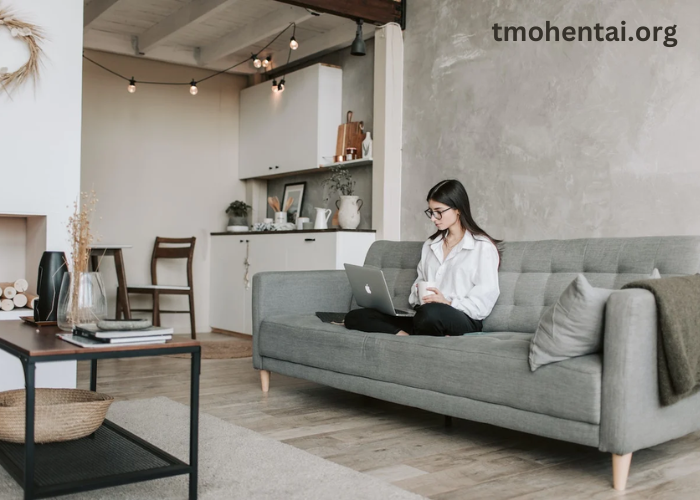In a world increasingly cluttered with distractions and possessions, minimalist living offers a refreshing approach to life. Minimalism is more than just a design trend; it’s a lifestyle choice that emphasizes simplicity, mindfulness, and intentionality. By focusing on what truly matters and eliminating the excess, you can create a life that is not only more fulfilling but also less stressful. Here’s your ultimate guide to minimalist living, designed to help you declutter both your mind and your space. Discover the latest news, trends, and insights in the world of dslaf on our website. Stay informed and up-to-date with our comprehensive content.
Understanding Minimalism
At its core, minimalism is about removing the unnecessary to make room for the essential. It’s about living with less but experiencing more. Minimalism encourages you to ask yourself what truly adds value to your life and to let go of the rest. This philosophy can be applied to various aspects of your life, from your physical possessions to your mental habits.
Benefits of Minimalist Living
- Reduced Stress: Clutter can be overwhelming and stressful. A minimalist space promotes calm and relaxation.
- Increased Focus: With fewer distractions, you can concentrate better on your goals and tasks.
- Enhanced Creativity: A clear space can lead to a clear mind, fostering creativity and innovation.
- Financial Freedom: Buying less means spending less, which can lead to significant savings.
- Environmental Impact: Minimalism often leads to less consumption and waste, benefiting the planet.
Steps to Declutter Your Space
- Start Small: Begin with a single drawer or closet. Tackle one area at a time to avoid feeling overwhelmed.
- Categorize: Sort your belongings into categories: keep, donate, recycle, and discard. Be ruthless in your decision-making.
- One In, One Out: Adopt the practice of letting go of one item for every new item you bring into your home.
- Embrace Quality Over Quantity: Invest in fewer, high-quality items that serve multiple purposes and bring you joy.
- Digital Declutter: Clean up your digital life by organizing files, deleting unused apps, and unsubscribing from unnecessary emails.
Decluttering Your Mind
- Practice Mindfulness: Engage in mindfulness practices such as meditation or yoga to center yourself and reduce mental clutter.
- Simplify Your Schedule: Prioritize your commitments and learn to say no to activities that don’t align with your goals or values.
- Limit Information Intake: Be selective about the media and information you consume. Focus on sources that provide value and positivity.
- Journal: Writing down your thoughts can help you process emotions and clear your mind.
- Declutter Relationships: Surround yourself with people who uplift and inspire you. Let go of toxic or draining relationships.
Creating a Minimalist Mindset
- Define Your Why: Understand your motivations for adopting minimalism. Whether it’s for peace of mind, financial stability, or environmental reasons, knowing your why will keep you committed.
- Shift Your Perspective: View minimalism as a journey, not a destination. It’s about making continuous improvements and adjustments.
- Embrace Imperfection: Minimalism doesn’t mean your space has to be perfect. It’s about creating a functional and enjoyable environment.
- Celebrate Progress: Acknowledge the steps you’ve taken towards a minimalist lifestyle, no matter how small.
Conclusion
Adopting a minimalist lifestyle can profoundly impact your well-being and quality of life. By decluttering your mind and space, you make room for what truly matters. Start with small steps, stay committed to your goals, and enjoy the simplicity and freedom that minimalism brings. Remember, minimalism is a personal journey, and it’s all about finding what works best for you.








